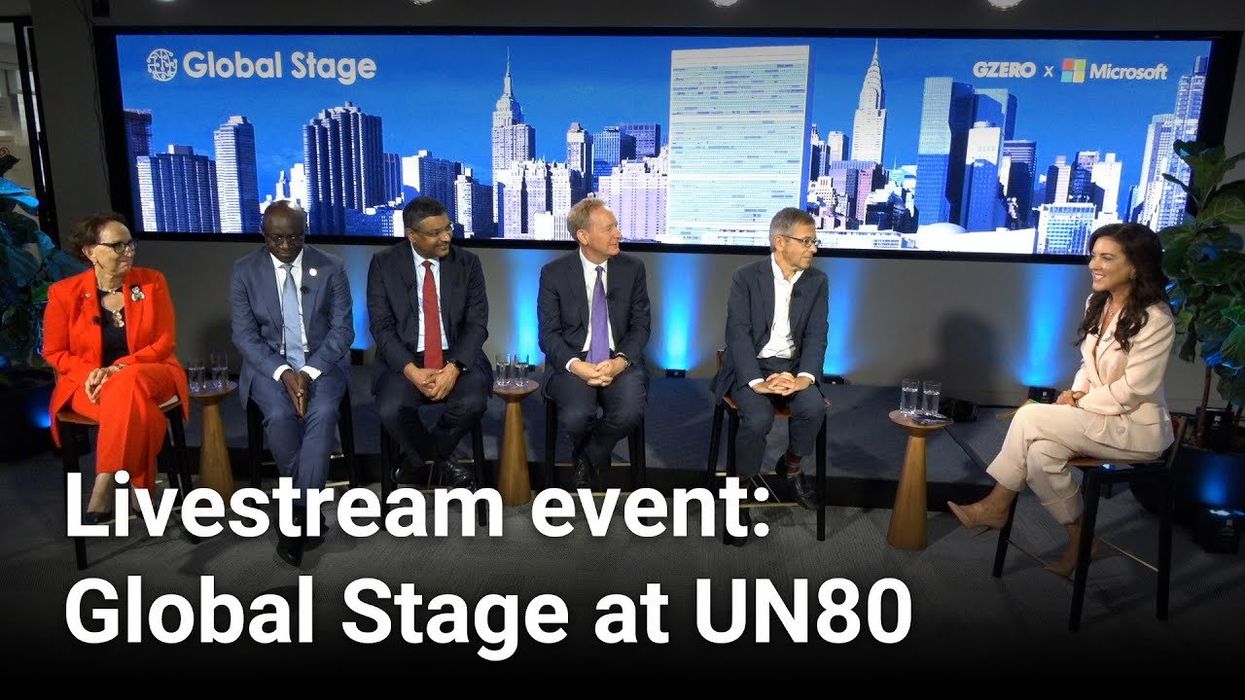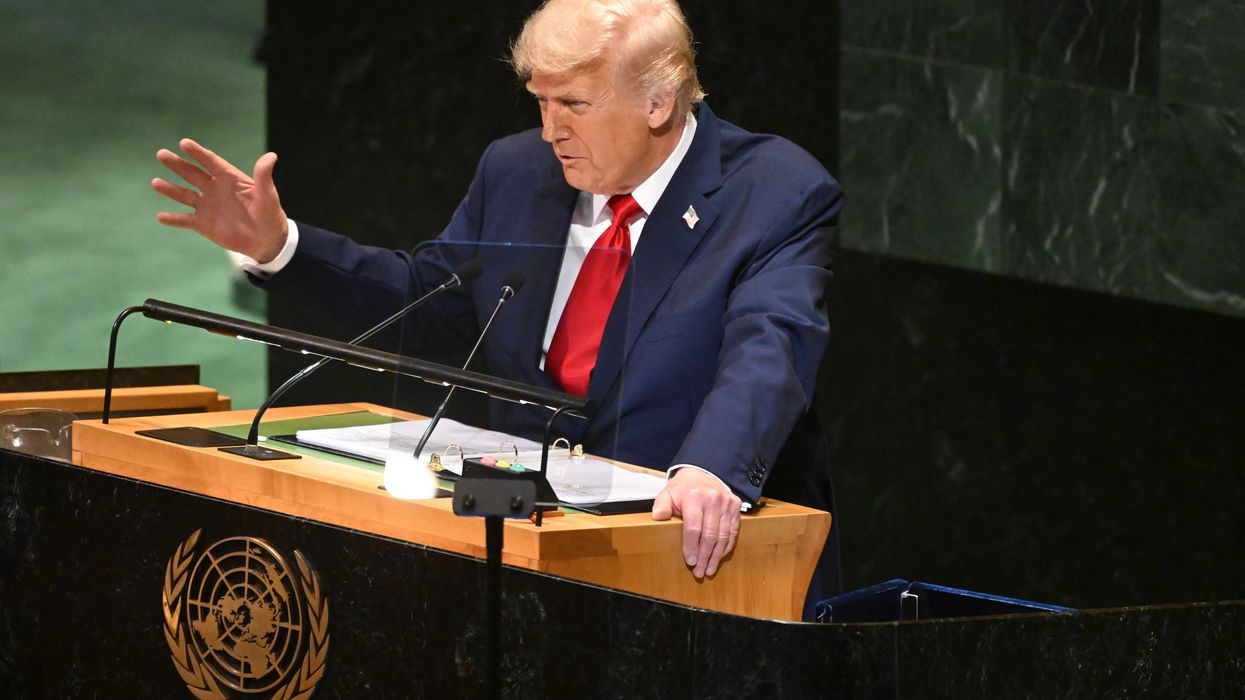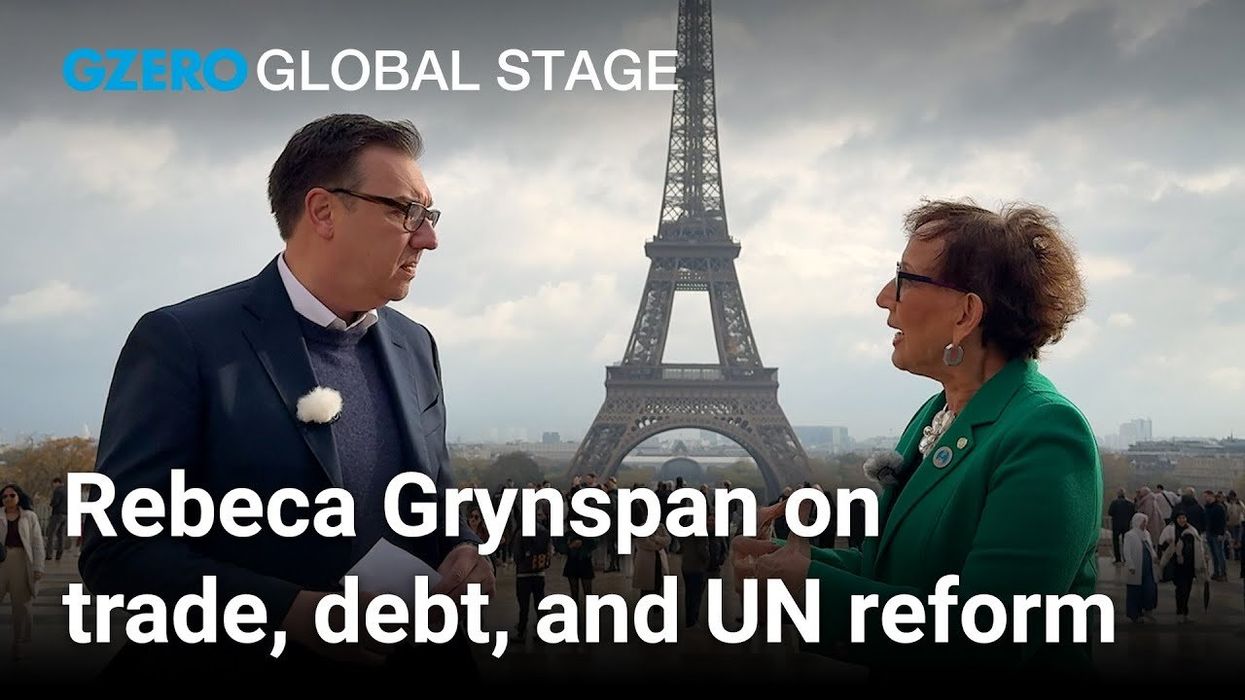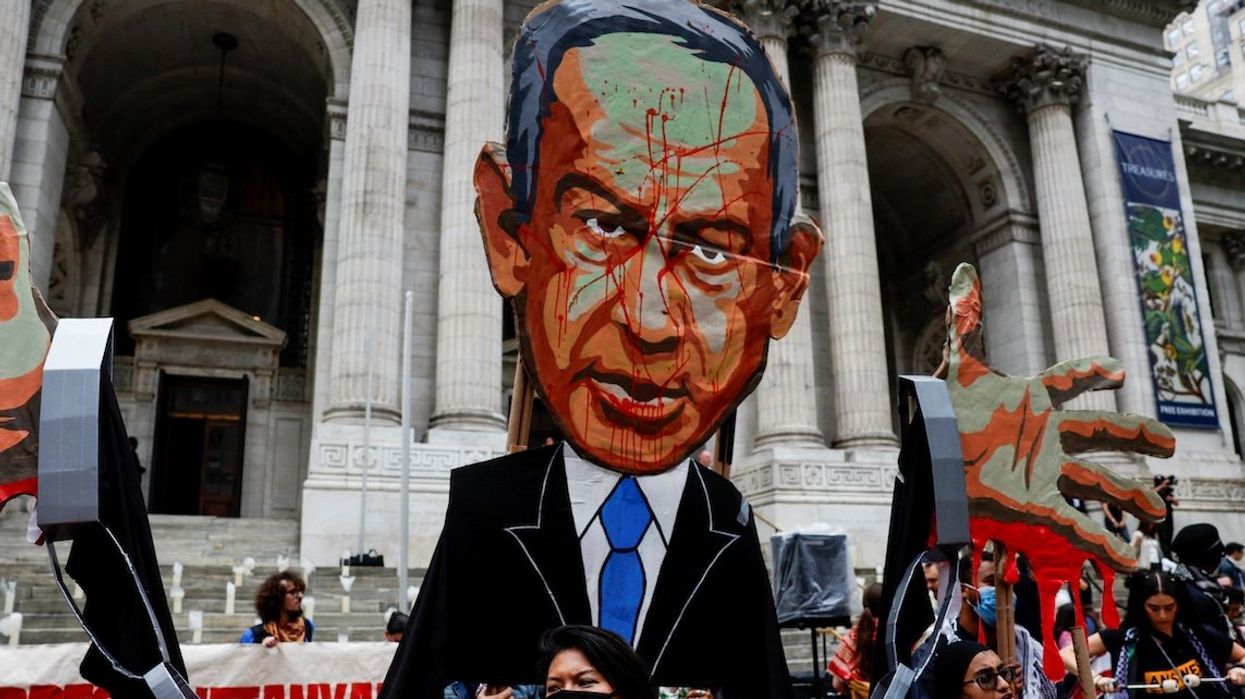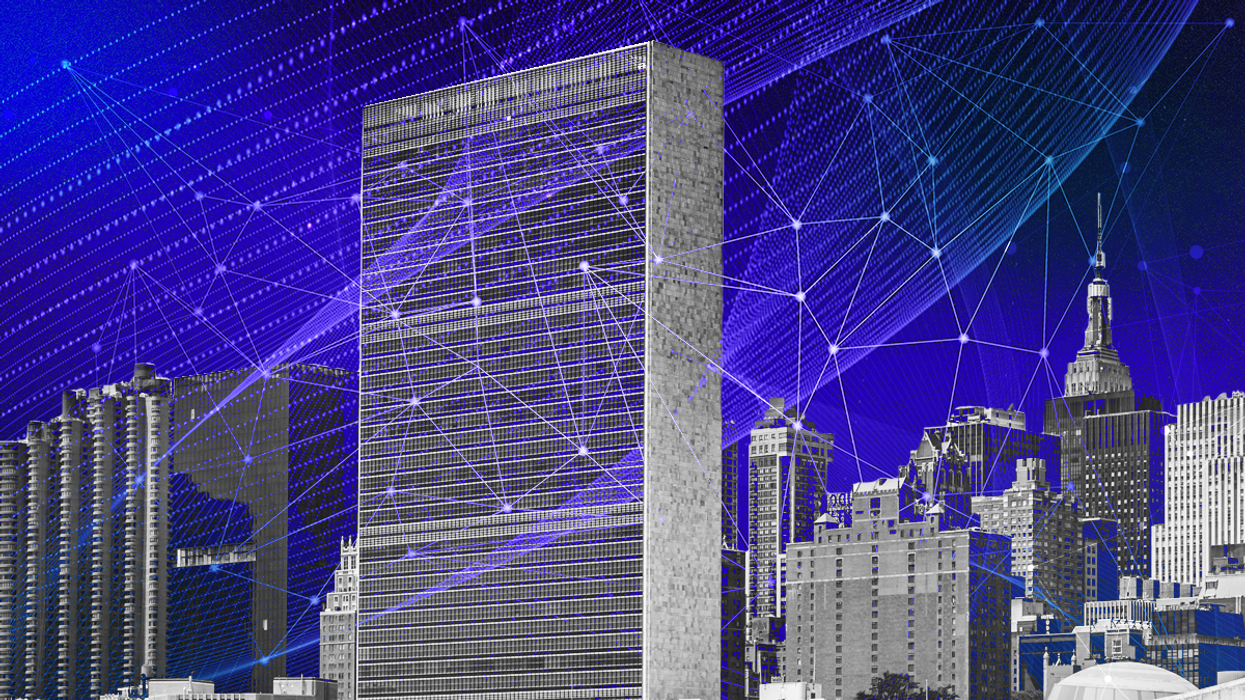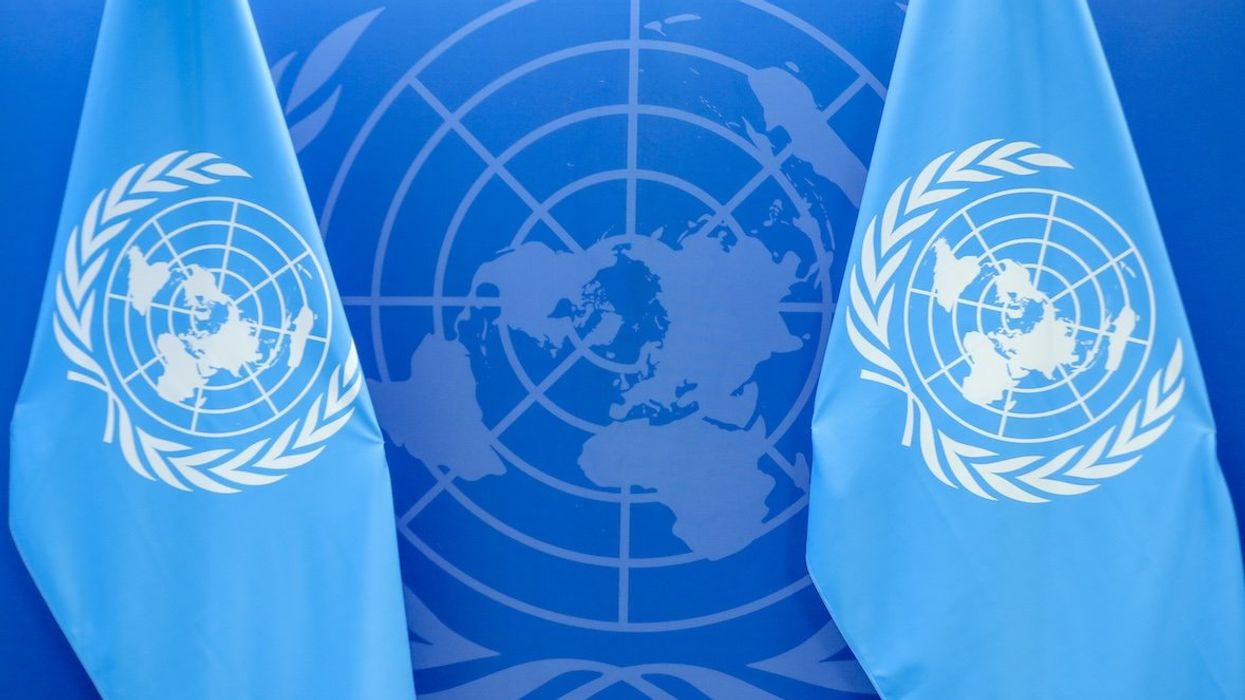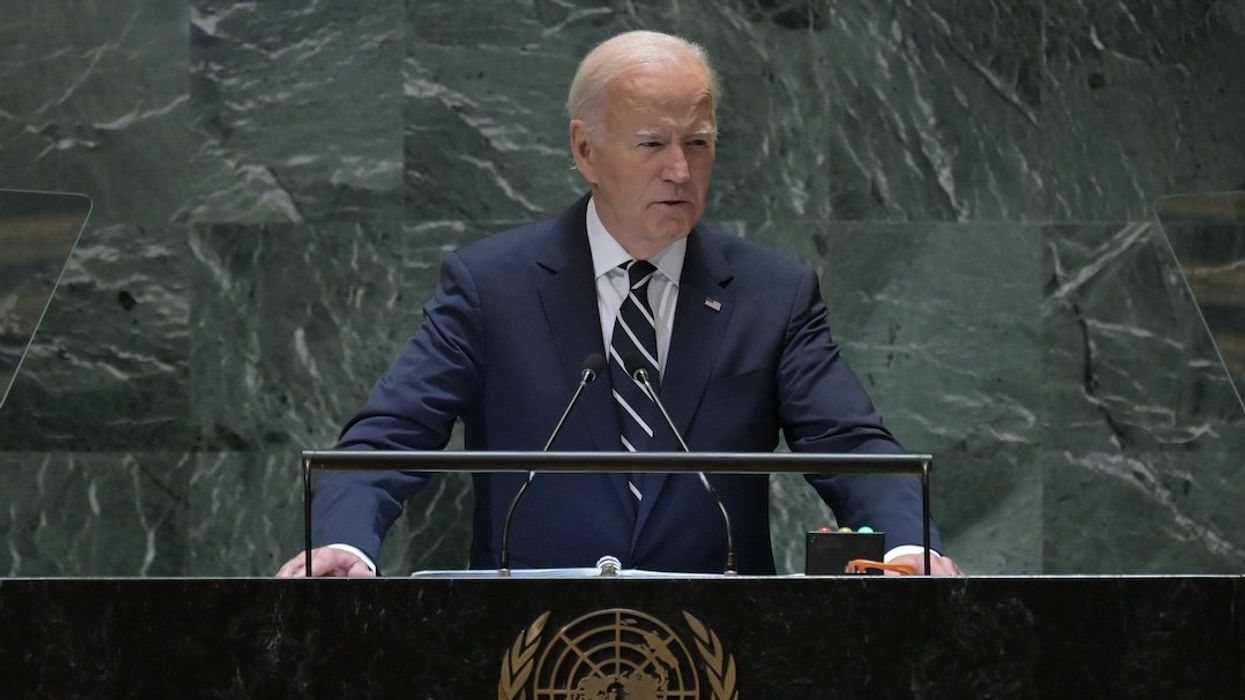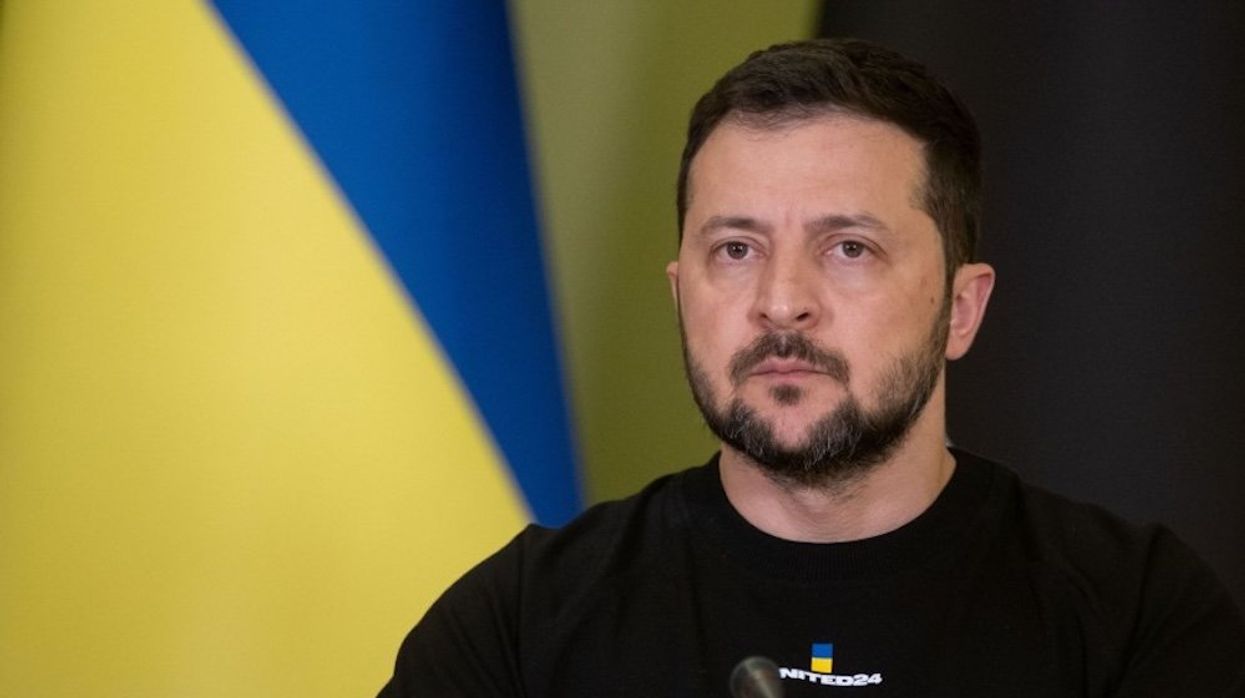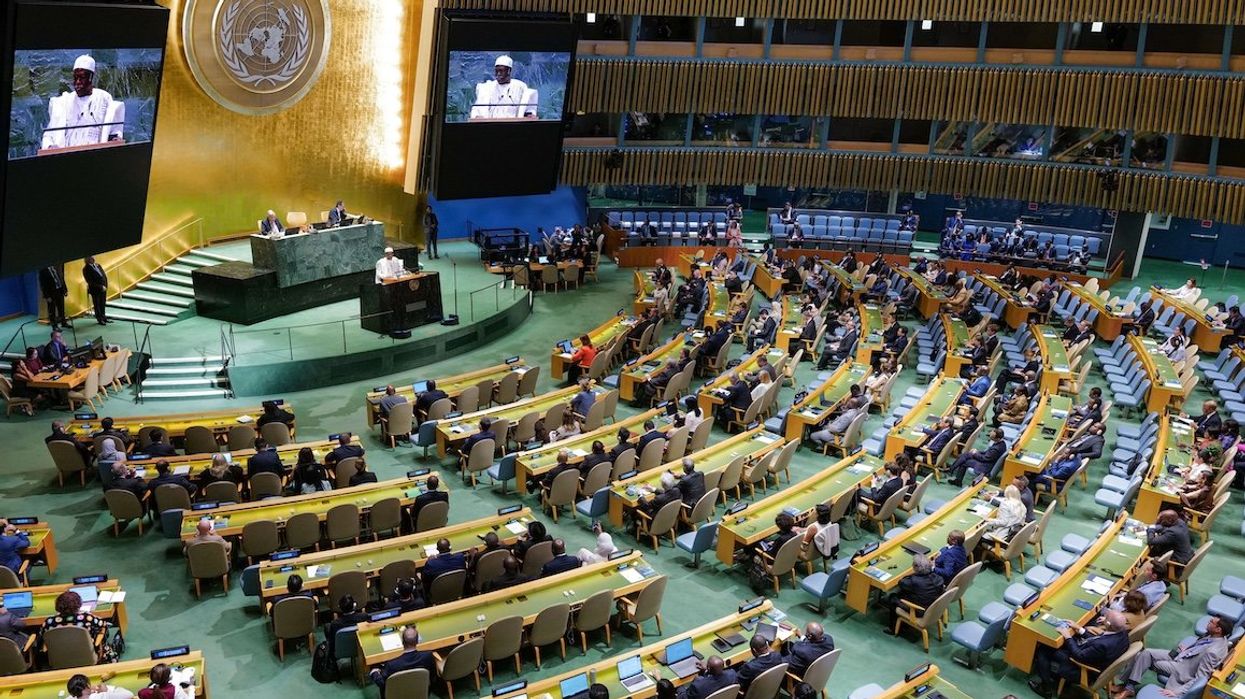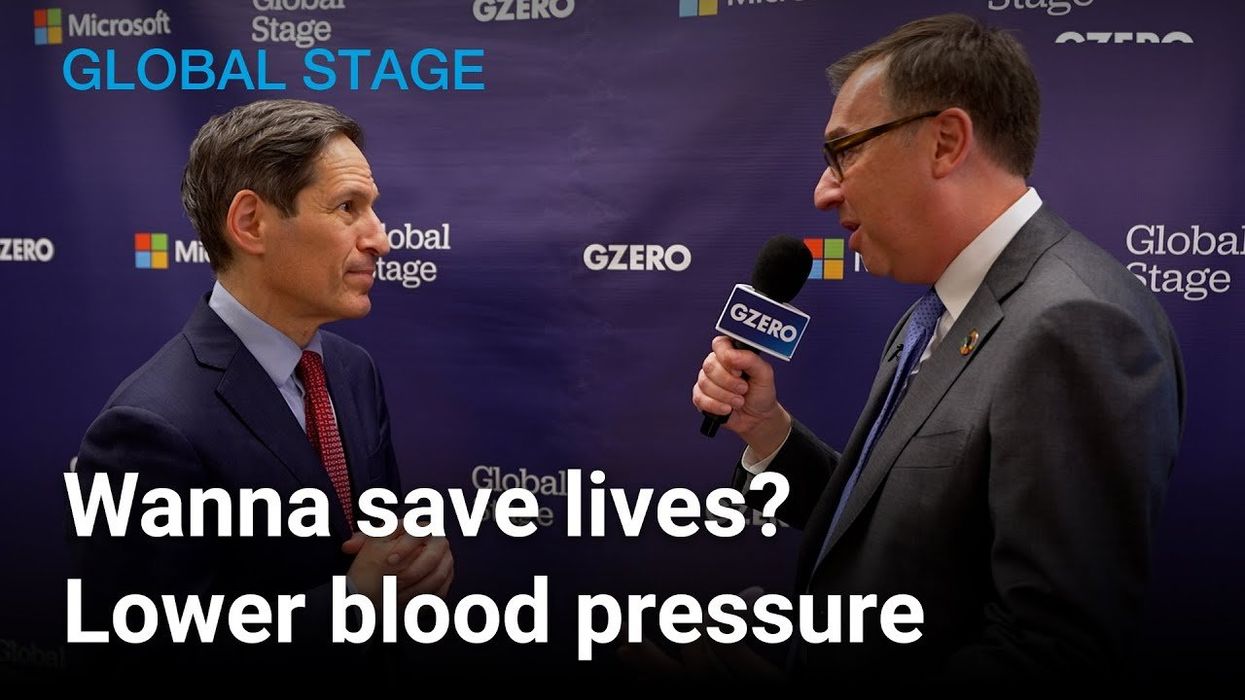UN General Assembly
The UN at 80: Can multilateralism survive AI, war, and fragmentation?
A world beset by war, widening inequality, climate stress, and runaway AI demands institutions that can still deliver. In a Global Stage conversation recorded live on the sidelines of the 80th United Nations General Assembly, moderated by journalist Julia Chatterley, our expert panel probes whether multilateralism can adapt amid crisis and competition.
Sep 24, 2025
